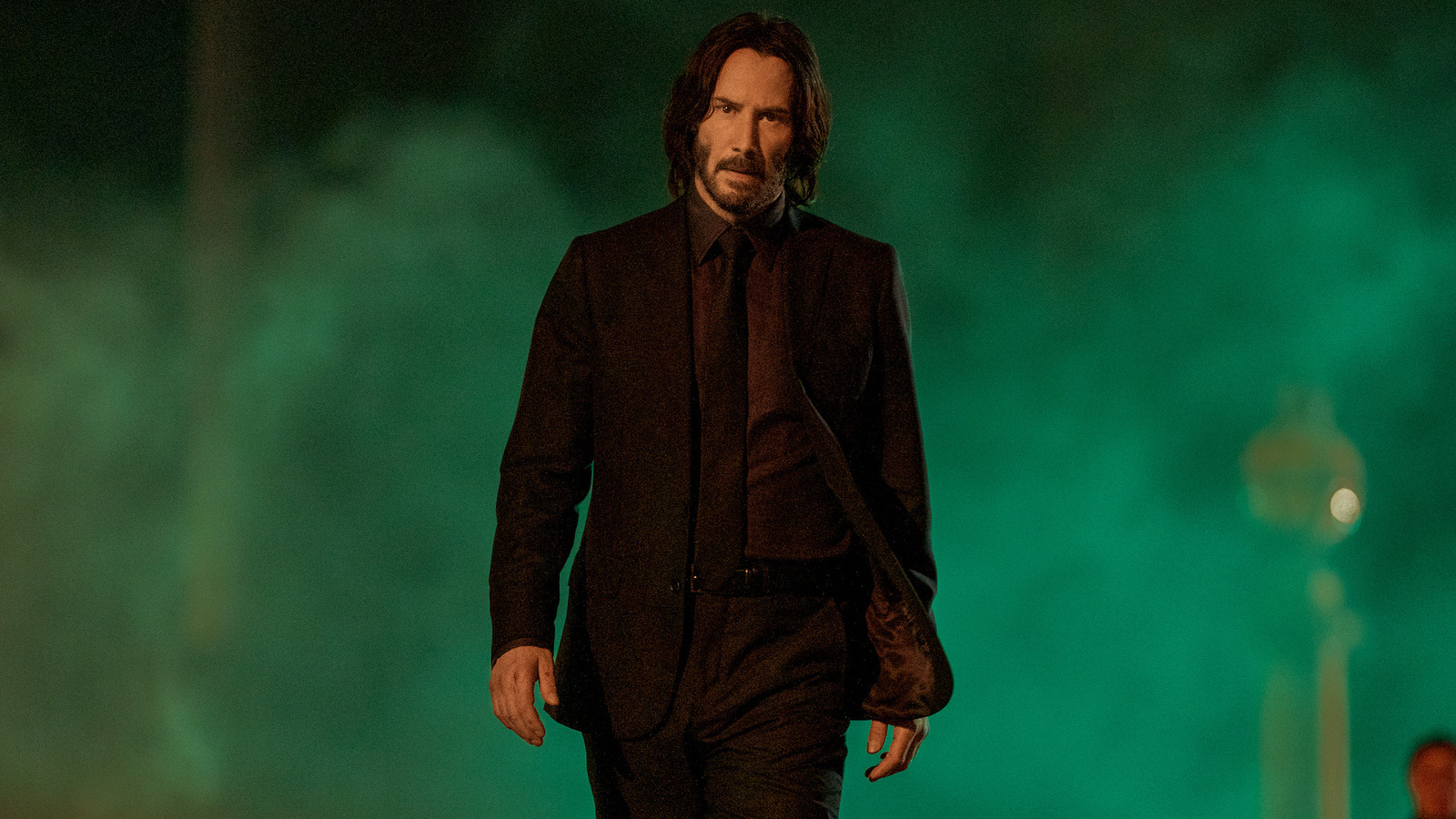John Wick: Chapter 4 May Teach Hollywood A Lesson About Building A Cinematic Universe
The MCU was launched on the back of Iron Man and Thor - at the time, two of Marvel's lesser-known heroes. But it was Kevin Feige's secret weapon. Not only did it force him to properly introduce the characters, but there was also no major pressure for Iron Man and Thor to succeed. If those films failed, it obviously wouldn't have been great for Marvel, but it wouldn't have been disastrous either. From these lesser-known characters was born a thriving and hugely successful cinematic universe - though these days we've had more than our fix of the MCU. And if you look at how the "John Wick" series has developed, there are obvious similarities.
When the first movie debuted, no one had heard of John Wick, Keanu Reeves was at a low point in his career, and the B-movie revenge plot seemed destined for mediocre reception at best . Sure, there was pressure to overcome dismal expectations, but with a $30 million budget, it wasn't as if the failure of "John Wick" was going to be a shocking event with far-reaching consequences, say. , "The Mummy" was. If that failed, so what?
The Dark Universe, however, was completely undermined by the failure of its first film, so there was clearly no resilience built into these strategies which relied more on pre-existing recognition of the IP rather than proper introductions and regular character development. It's the complete opposite approach to that of Marvel or "John Wick".
DC made the same mistake when it began its attempt at a cinematic universe with 'Man of Steel' and 'Batman v Superman', taking for granted the audience's pre-existing appreciation for these characters. Hell, Ben Affleck just pops up as Batman in 'Batman v Superman' like he was there all along.

The MCU was launched on the back of Iron Man and Thor - at the time, two of Marvel's lesser-known heroes. But it was Kevin Feige's secret weapon. Not only did it force him to properly introduce the characters, but there was also no major pressure for Iron Man and Thor to succeed. If those films failed, it obviously wouldn't have been great for Marvel, but it wouldn't have been disastrous either. From these lesser-known characters was born a thriving and hugely successful cinematic universe - though these days we've had more than our fix of the MCU. And if you look at how the "John Wick" series has developed, there are obvious similarities.
When the first movie debuted, no one had heard of John Wick, Keanu Reeves was at a low point in his career, and the B-movie revenge plot seemed destined for mediocre reception at best . Sure, there was pressure to overcome dismal expectations, but with a $30 million budget, it wasn't as if the failure of "John Wick" was going to be a shocking event with far-reaching consequences, say. , "The Mummy" was. If that failed, so what?
The Dark Universe, however, was completely undermined by the failure of its first film, so there was clearly no resilience built into these strategies which relied more on pre-existing recognition of the IP rather than proper introductions and regular character development. It's the complete opposite approach to that of Marvel or "John Wick".
DC made the same mistake when it began its attempt at a cinematic universe with 'Man of Steel' and 'Batman v Superman', taking for granted the audience's pre-existing appreciation for these characters. Hell, Ben Affleck just pops up as Batman in 'Batman v Superman' like he was there all along.
What's Your Reaction?















![Three of ID's top PR executives quit ad firm Powerhouse [EXCLUSIVE]](https://variety.com/wp-content/uploads/2023/02/ID-PR-Logo.jpg?#)







